
Swiss scientists are first to see space junk by day
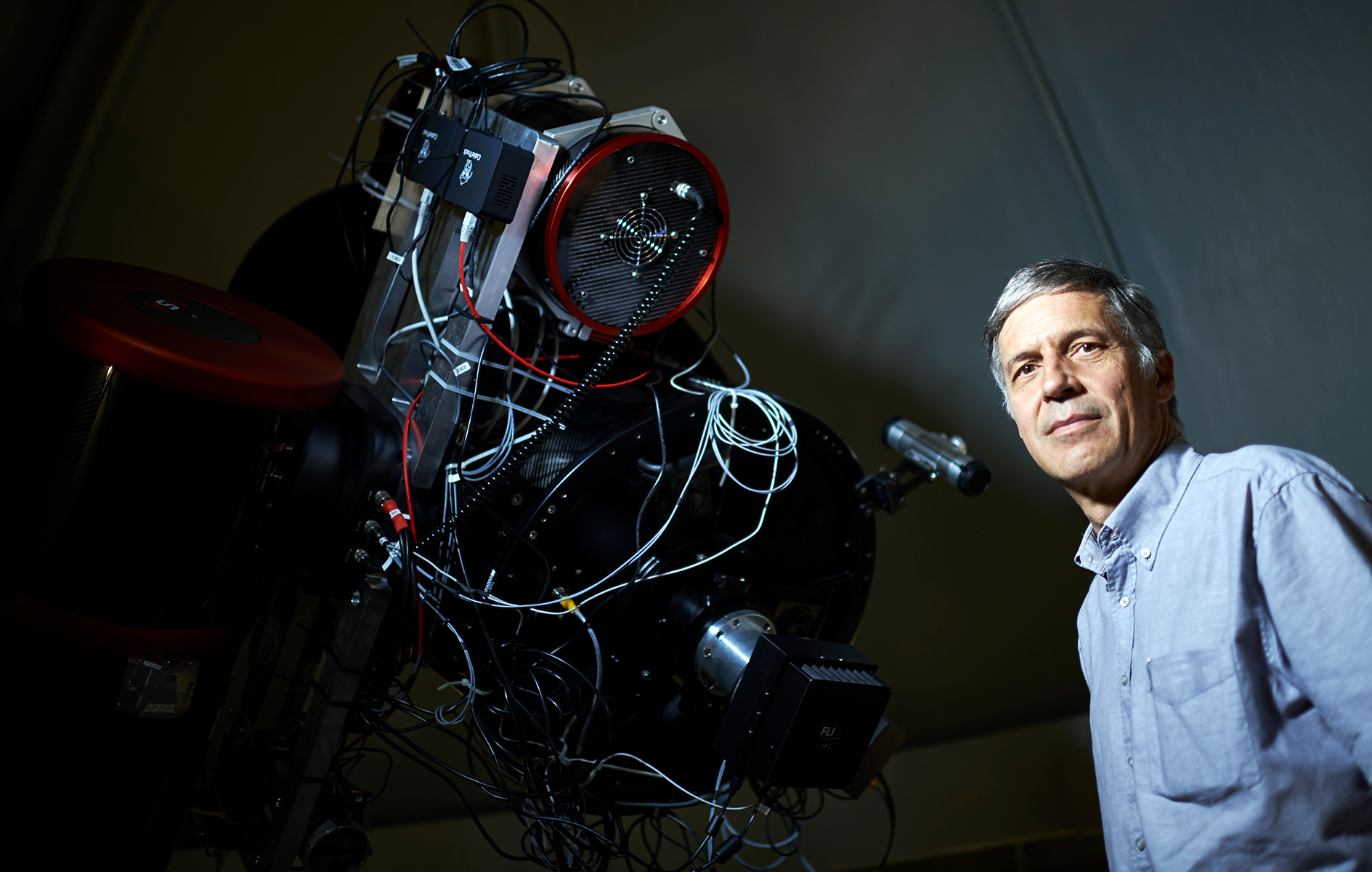
Researchers at the University of Bern have figured out a more accurate way to monitor space debris and keep it from hitting satellites.
They are the first in the world to pinpoint the location of debris using a geodetic laser during daylight hours. Their technique makes it possible to measure the distance to a piece of debris, which in turn can help predict and prevent collisions with satellites at an early stage.
There are about 20,000 known pieces of space debris floating around. Every year, the European Space Agency issues thousands of collision warnings per active satellite and performs dozens of evasive manoeuvres.
“Unfortunately, the orbits of these disused satellites, launcher upper stages or fragments of collisions and explosions are not known with sufficient accuracy, i.e. only to a few hundred meters,” explained Thomas Schildknecht, head of the Zimmerwald Observatory and deputy director of the Astronomical Institute at the University of Bern.
His team has improved the trajectory accuracy to a few meters by developing a satellite laser ranging method. To date, only a few observatories worldwide have succeeded in determining distances to space debris using powerful lasers, and previously, these measurements were only possible at night.
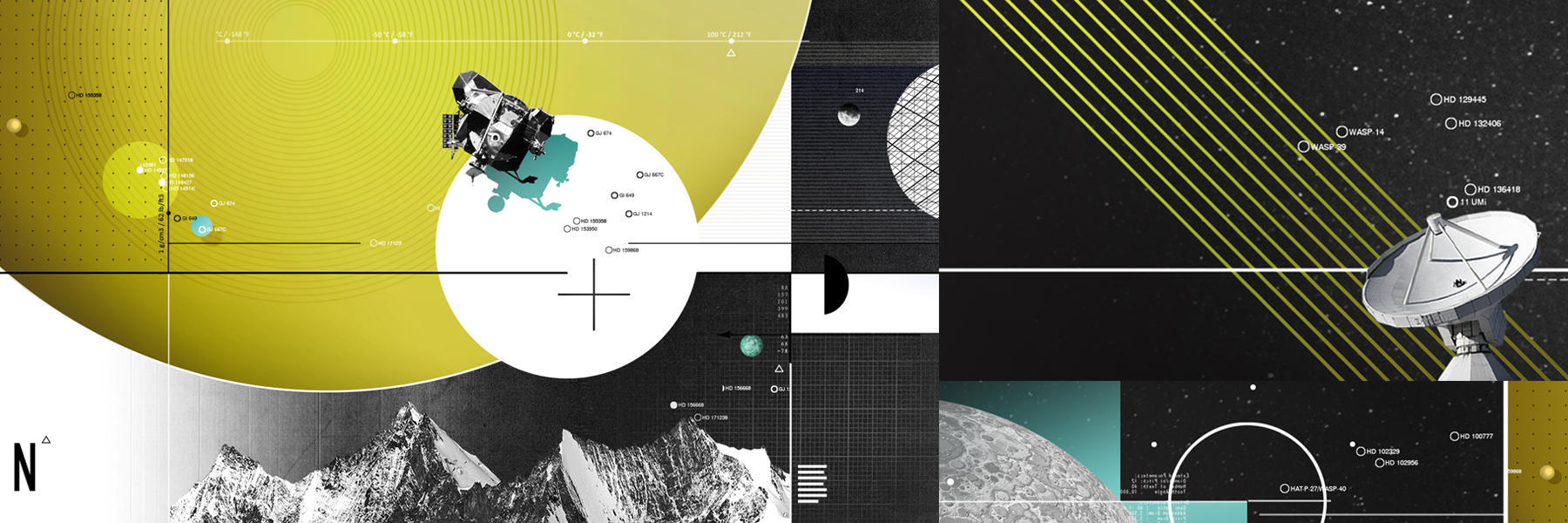
More
In space exploration, Switzerland punches above its weight
“Observing during the day allows for the number of measures to be multiplied. There is a whole network of stations with geodetic lasers, which could in future help build up a highly precise space debris orbit catalog. More accurate orbits will be essential in future to avoid collisions and improve safety and sustainability in space,” Schildknecht said in a statementExternal link published on Friday.
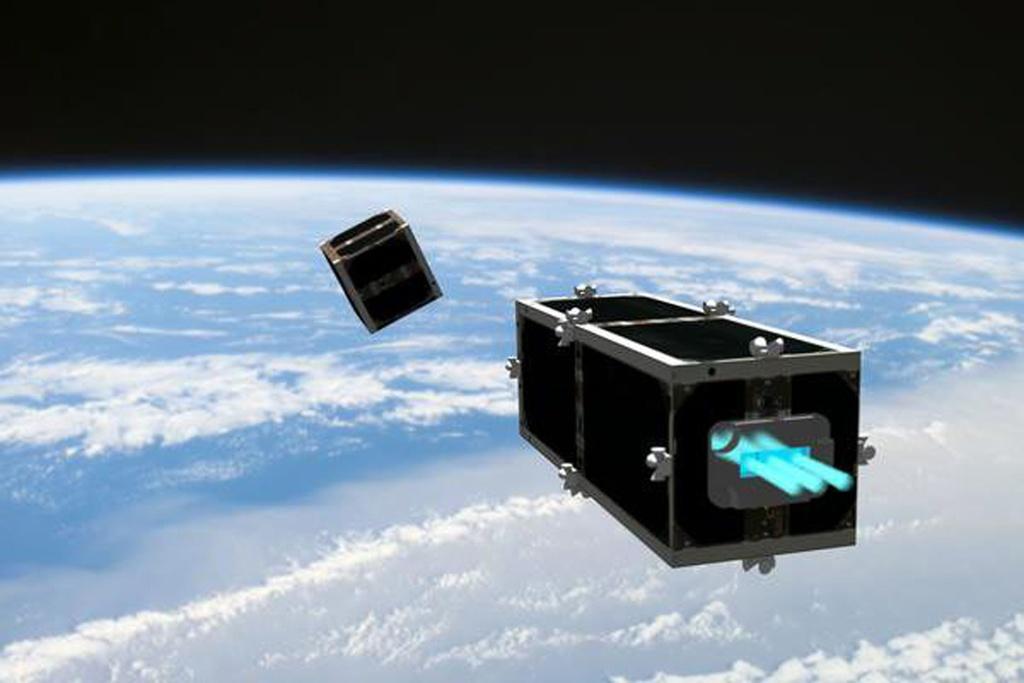
More
Swiss start-up embarks on space cleaning mission
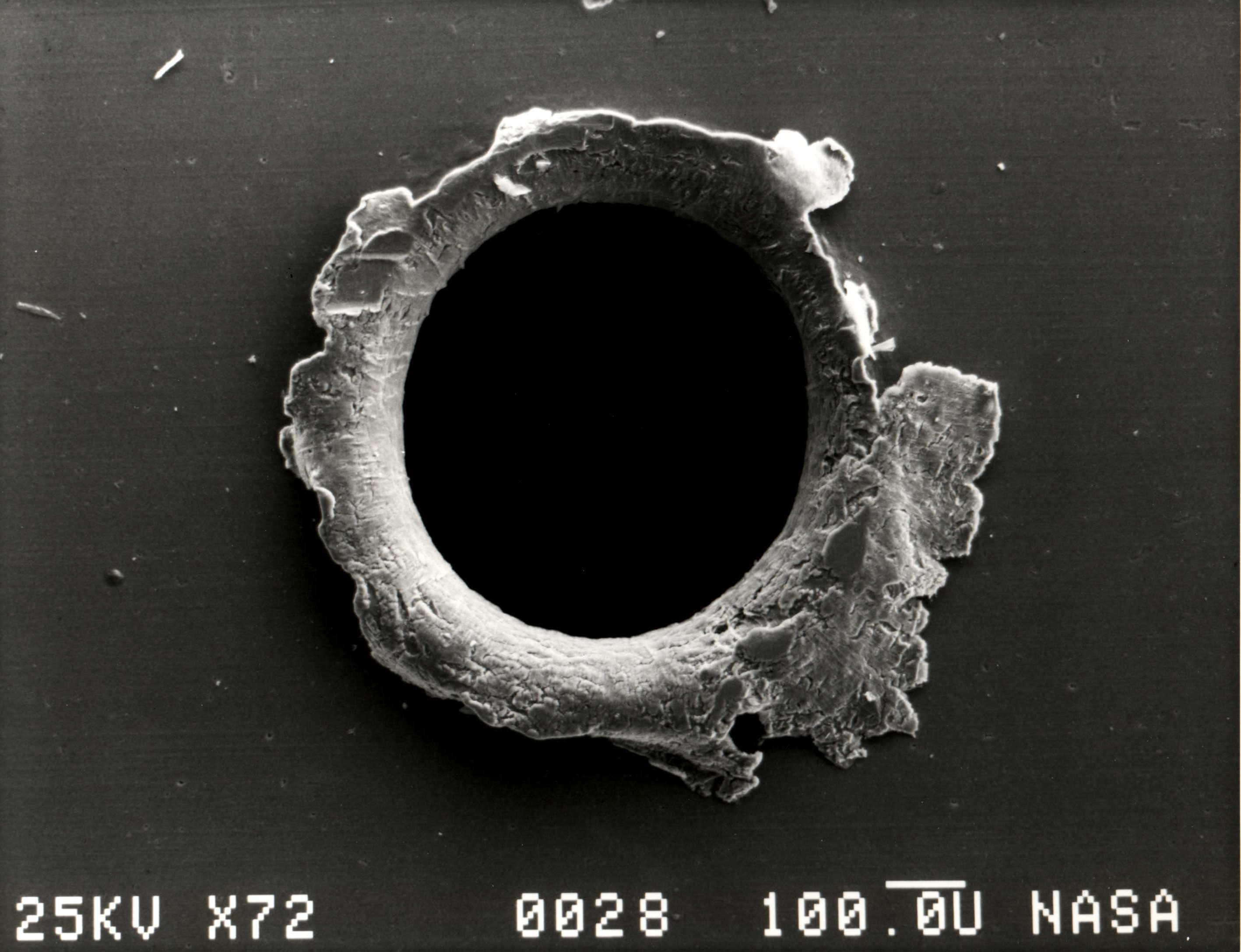
More
Swiss “janitor satellite” to clean up space
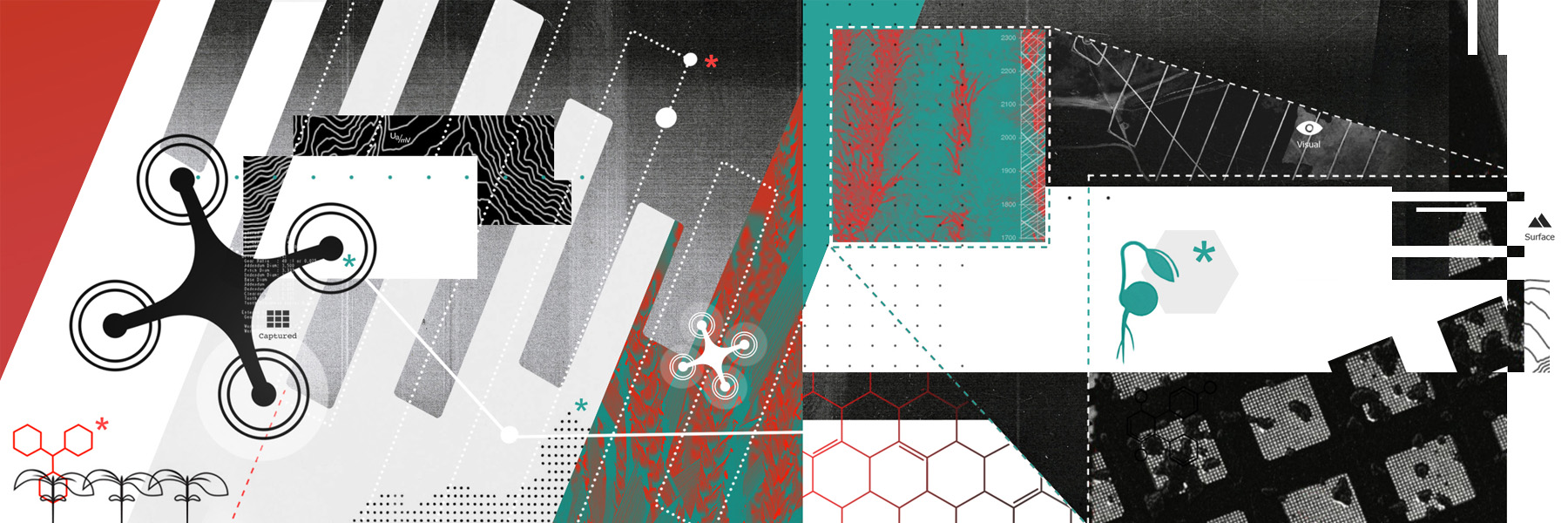
More
Making the most of smart farming

In compliance with the JTI standards
More: SWI swissinfo.ch certified by the Journalism Trust Initiative





























Join the conversation!